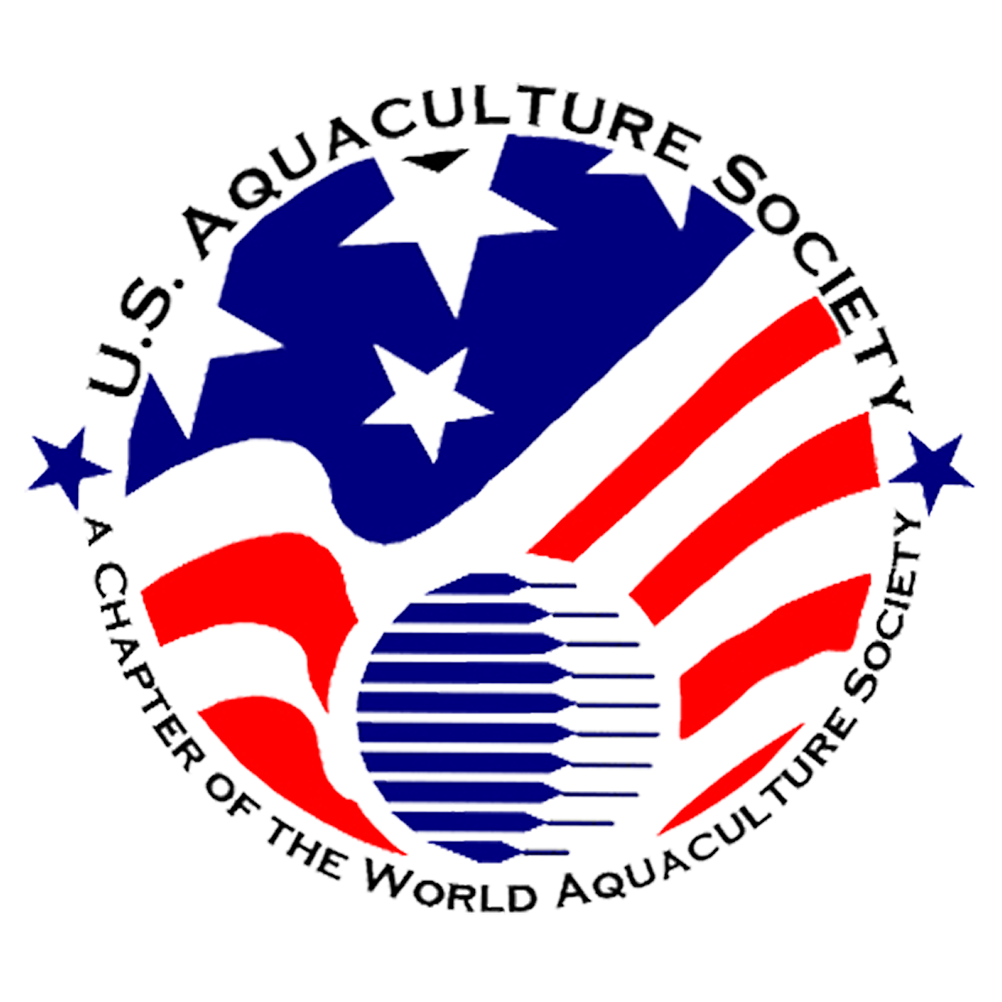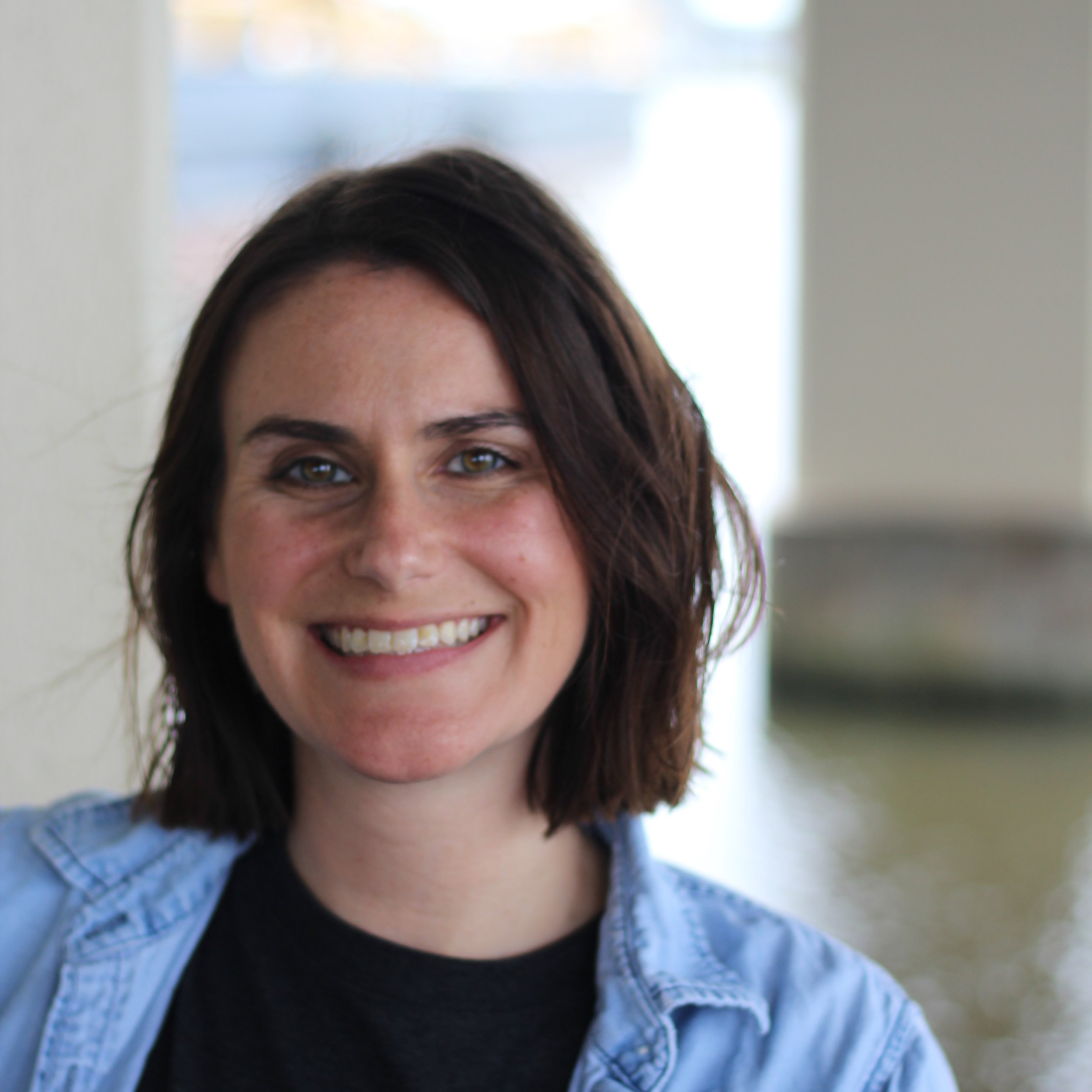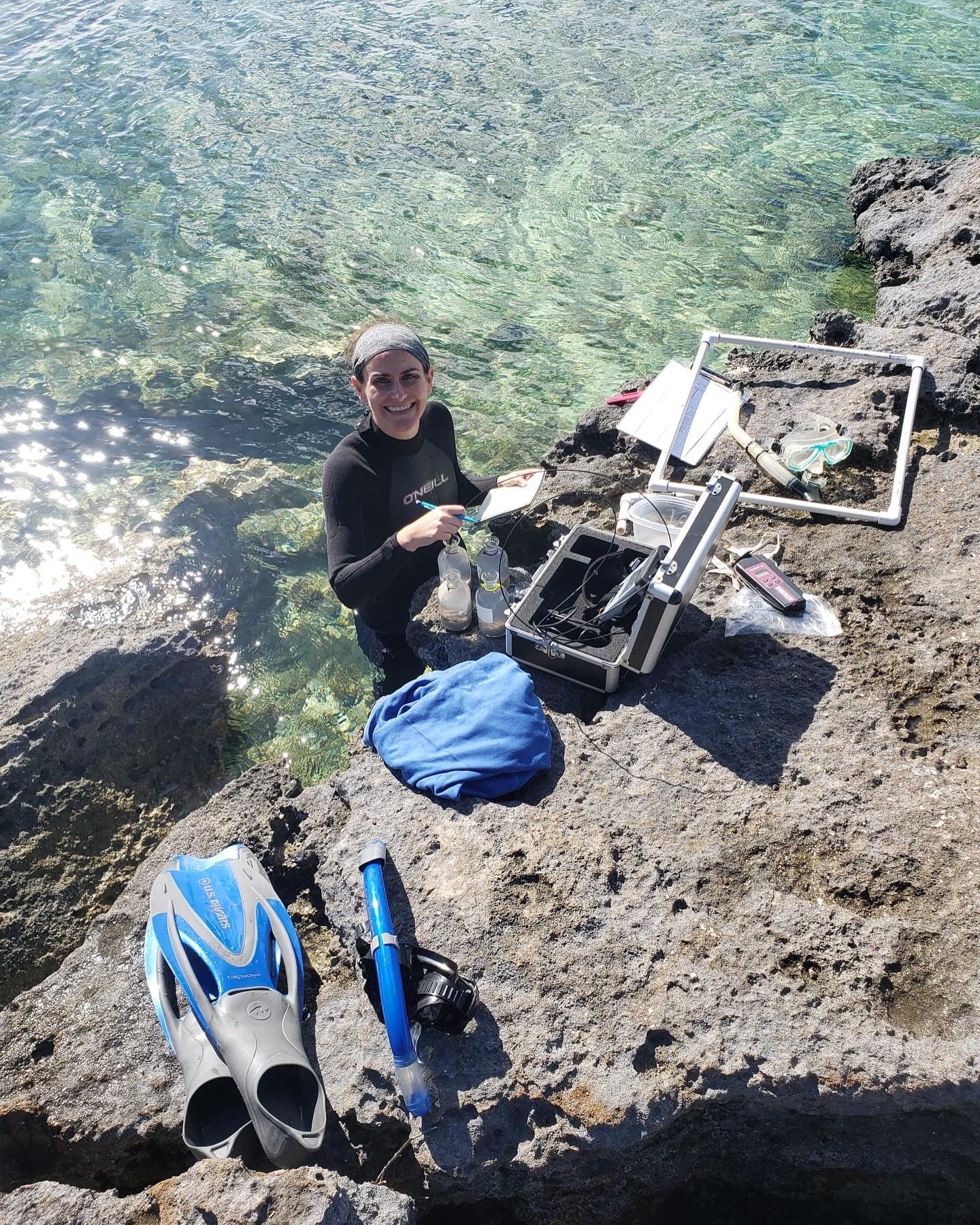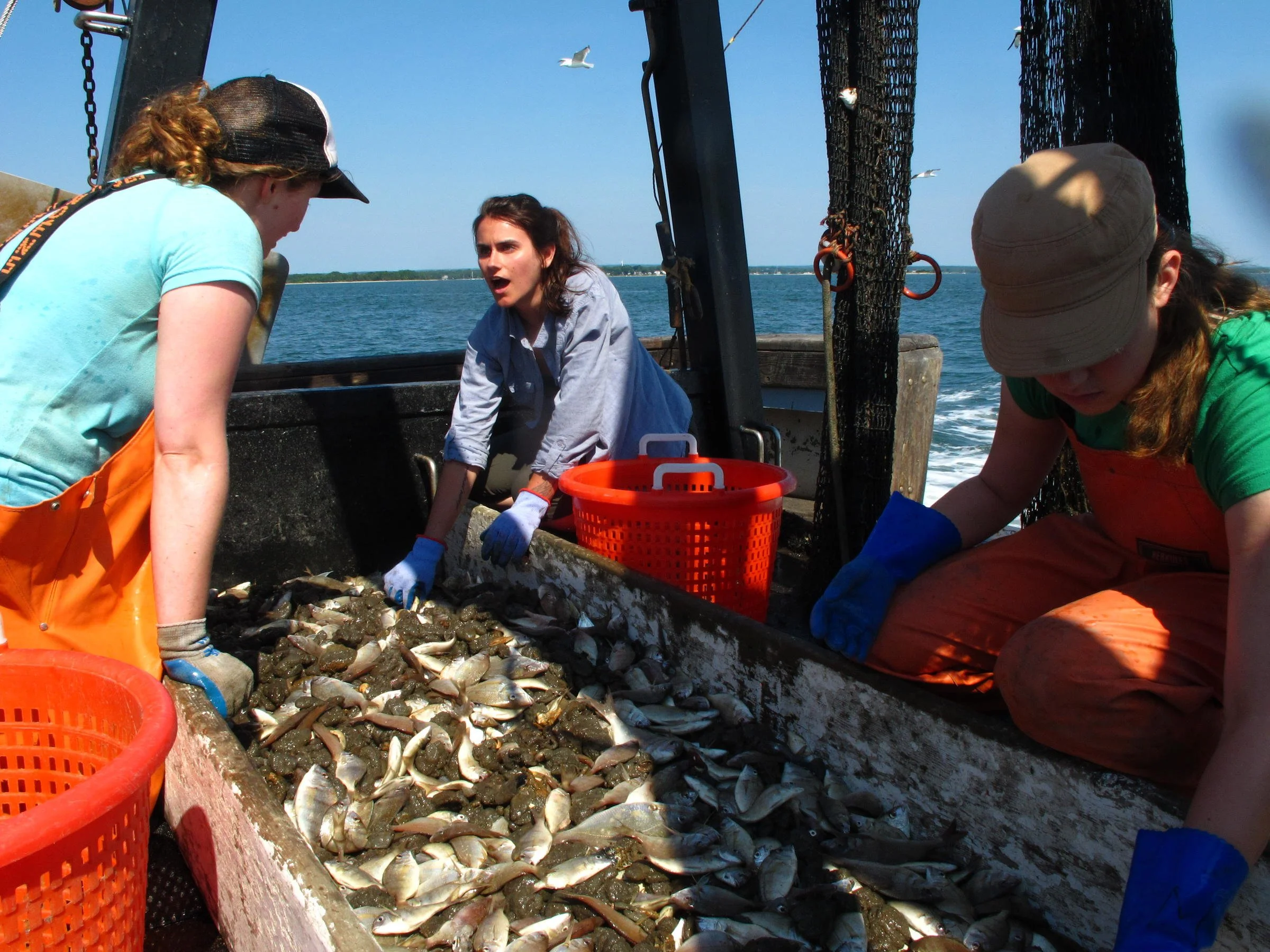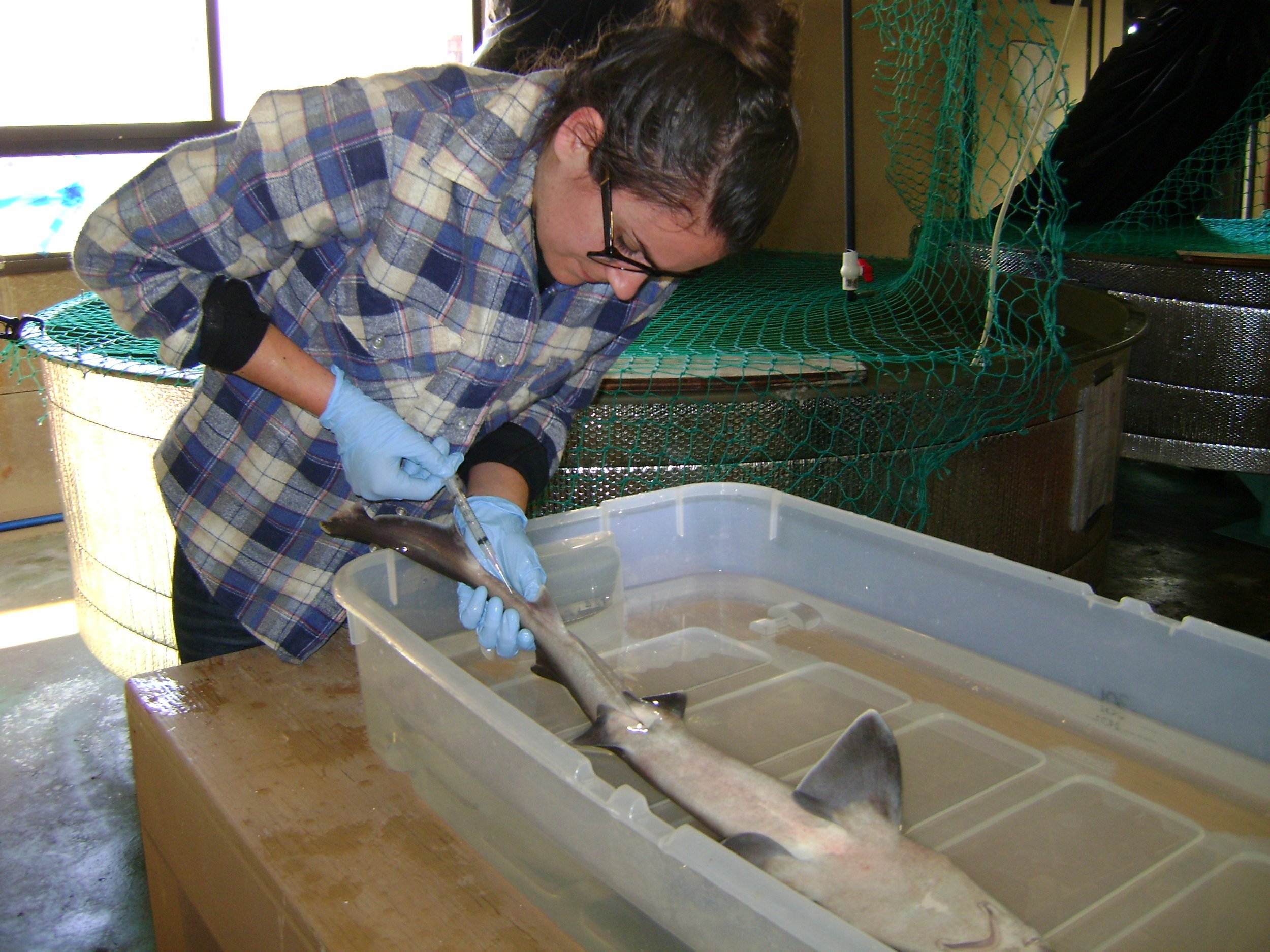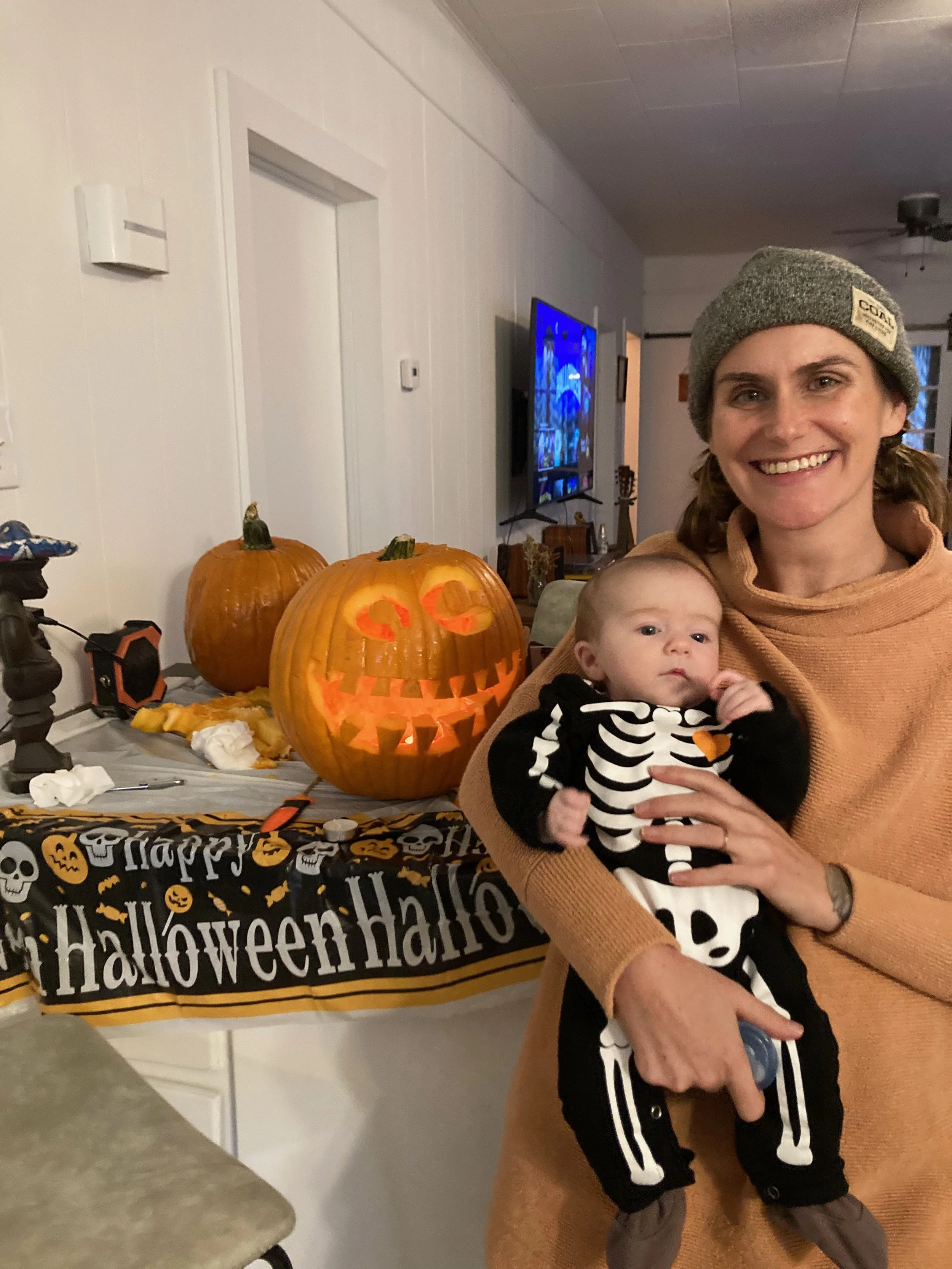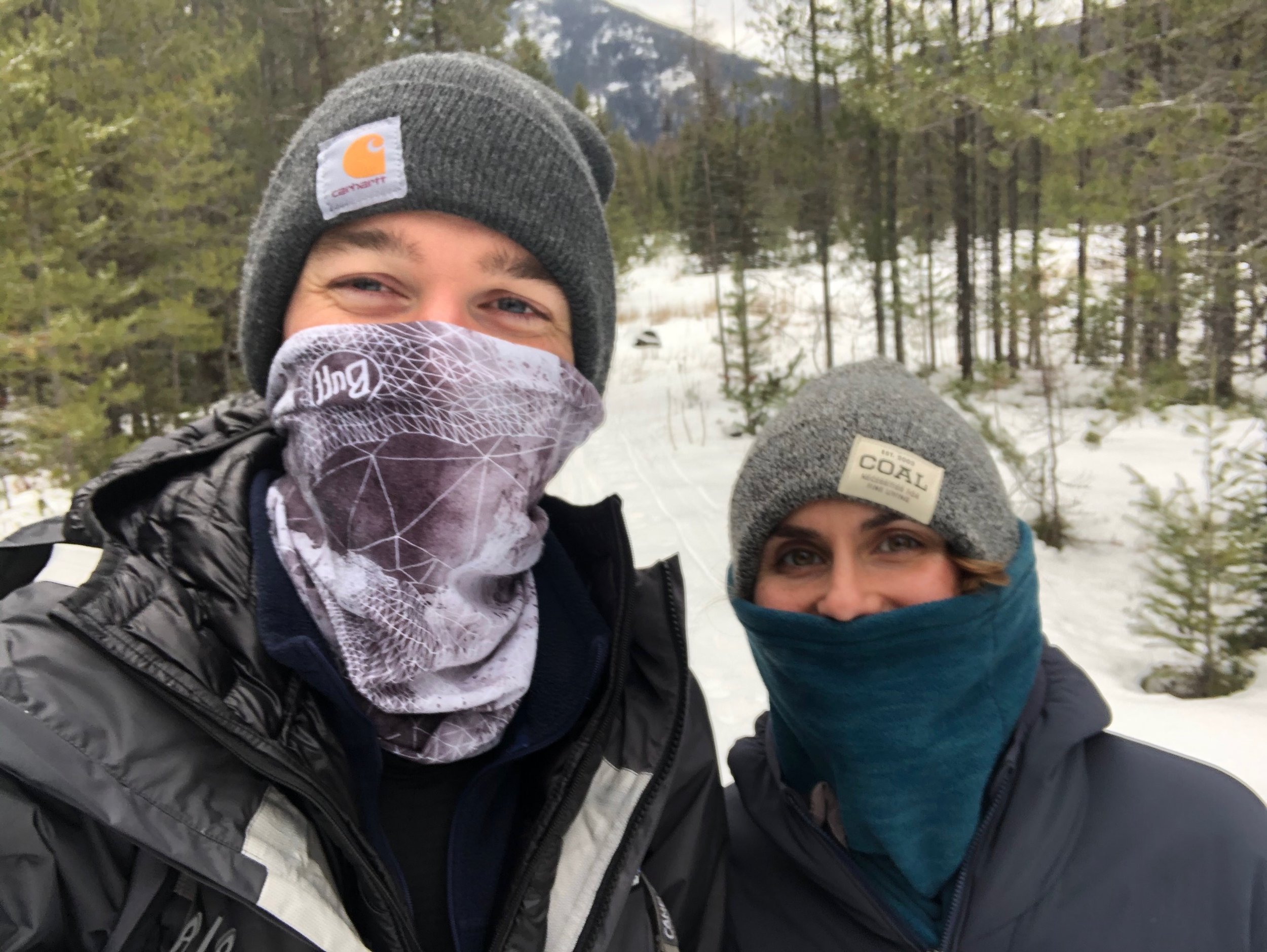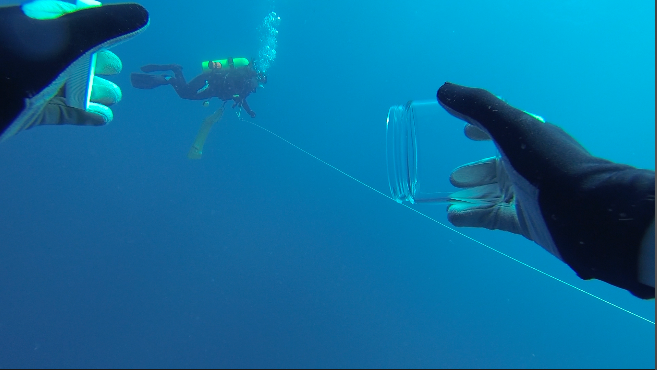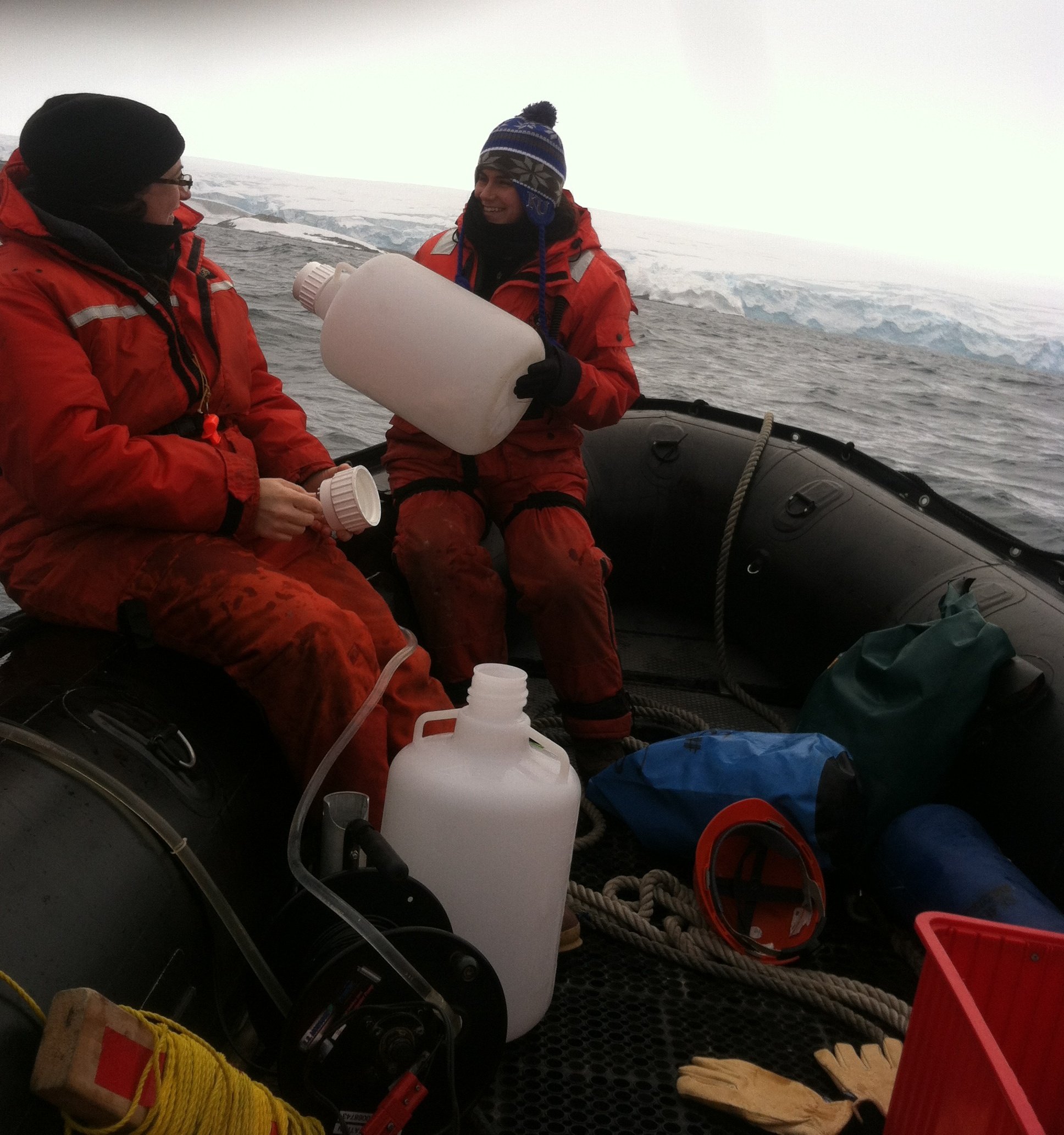Our first member spotlight: Abigail Bockus, Ph.D.
USAS Board Member Carla Schubiger and team came up with a great idea to start highlighting some of the wonderful people who are involved in the U.S. Aquaculture Society. The first few people to be highlighted are likely to be current USAS Board Members, and we will post these every few weeks. Are you a USAS member but not a Board Member but want to be highlighted? No worries! Email Carla at carla.schubiger@gmail.com to learn more. Of course, being involved in USAS is a great opportunity. Nominations are now open. Contact Past-President Dennis McIntosh at dmcintosh@desu.edu to learn more about getting involved in USAS.
Halloween Edition!
Abigail, a Kansas-born Marine Biologist, got into Aquaculture (research) to find solutions to put into practice immediately. She originally wanted to name her company after her favorite fish. Read about Abigail’s favorite fish and other fascinating insight in the first member spotlight below.
Hi Abi! Please introduce yourself.
Hey guys! My name is Abigail Bockus. I am a Research Physiologist with my own company Aquarange Research LLC and live in Bozeman. I work in collaboration with the Bozeman Fish Technology Center in Bozeman, MT. My work primarily focuses on aquaculture feed development. We formulate and manufacture feeds for all kinds of aquatic critters, from urchins to salmon, and ship feeds to collaborators all over the United States.I am also the program chair for the next Aquaculture America conference and sit on the USAS board.
How did you get your first job in the field of aquaculture? And what was the position?
I am actually a trained marine biologist. I got my BS in biology at the University of Kansas and my PhD in Biological and Environmental Science at the University of Rhode Island. I did fieldwork in Antarctica studying how animals adapt to environmental change. Then, when a fellow student introduced me to aquaculture, I knew that was it! I am drawn to the applied sciences and wanted to work on solutions that could be put into practice immediately. So I did an internship at the Bozeman Fish Technology Center and that is how my aquaculture journey started.What advice would give someone starting in the field of aquaculture (maybe a student)?
It is never too early or too late to introduce yourself! We are all here in this field, and we love talking about what we do! At the same time, we love teaching and impacting others! Aquaculture is such a small community, reach out and introduce yourself! If you are interested in someone’s work, let them know! We are here to help!
What advice would you give your younger self?
It is perfectly fine to say “I don’t know”. Aquaculture is a huge and diverse field. It is not a weakness not to know everything. People want to share what they know. Within and beyond my own specific expertise, I am sure I will spend a lifetime learning.
What is something that most people don't know about the aquaculture industry or your role in the industry?
Honestly, I am not sure “most” people in the US have even heard of aquaculture! It is not something I learned about until I was in my mid-20s. So, especially when I am telling people what I do, I always throw in a quick description, which opens the door for them to learn and ask about it.Besides that, I don’t think most people know how much consideration the aquaculture community pays to environmental health. Farmers and scientists are working continuously to enhance production efficiencies, reduce environmental impacts, and foster better ways to put food on the table, support wild populations, or bolster community success.
Do you have a superpower?
I can jerry-rig anything! Once, we were supposed to go on a research cruise and left port without having received the supplies necessary to conduct our research. The research vessel could not wait, so I became the MacGyver of the Sea.
If you could be any aqua species, what would you be and why?
My favorite ocean animal is a deep-sea fish called Idiacanthus (black dragonfish). They are night black eel-like fish that live down around 1000 - 2000 meters. They remind me of the big dragon floats you see in parades.
In your opinion, what is the most fascinating part of the aquaculture industry?
Diversity! I love the number of different species and different production strategies you see all over the world. This presents so many seafood products we can farm. In addition, it is endless potential for cross-collaboration and learning across sectors.
What is your favorite aqua and/or non-aqua past-time?
My partner (from MT) and I are big mountain people. We spend a lot of time in the summer hiking up in Glacier National Park and cross-country skiing with our dog “Travis Barker” a 1.5-year-old Australian Shepherd.
Being a female entrepreneur in aquaculture what are the challenges/successes you like to share?
In general, I have felt very supported as a female (and recently “parent”) in aquaculture. There are, of course, exceptions that I have had to navigate, and I have found it really important and inspiring to have some strong female mentors in the field that I can look up to. Thanks to their assertion, I have a blueprint I can follow (and a phone number I can ring) when those more challenging situations present themselves.I was raised in a very conservative environment. One of the biggest challenges I have worked to overcome is to recognize, value, and pursue the knowledge and leadership qualities I bring to the table. When I was in my 20s, I realized that I would subconsciously defer to male colleagues to lead a project or “know the right answer” when, in fact, I was more skilled in certain situations to do those things. Therefore, I have been working on embracing professional challenges, not qualifying my worth with “maybe” or “I think”, and really just going for it.
